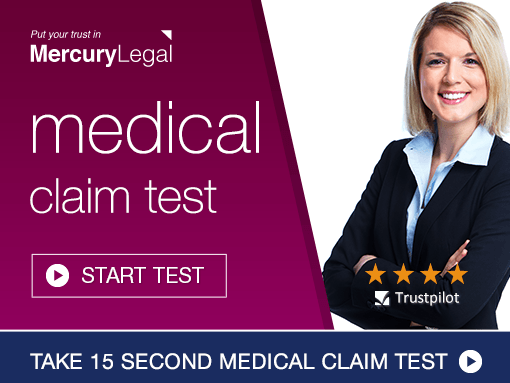How Can Nasal Cancer Be Prevented In The Workplace?
How to mitigate the risk of developing work-related Nasal Cancer
How Can Nasal Cancer Be Prevented In The Workplace?
Over the past few years the number of people in the UK suffering from Nasal Cancer have reduced slightly, but there is a lot more scope to reduce the affliction further if suitable protection and procedures are put in place to minimise the exposure of employees to certain substances which have been shown to increase the risk of nasal cancer.
Employers have a duty of care to look after the health and safety of their employees. This includes reducing or minimising risks of injury or illness and the best place to start with that is a risk assessment. This gives the opportunity to look at all potential dangers within a workplace – including the safety of the air that the employees and visitors breathe.
If it is established that certain substances that are known to increase the risk of nasal cancer or any other serious health condition are present, then there is a range of approaches that reduce the associated risks:
Substitution
If it is possible to achieve the same or an acceptably similar result while using a different product or substance, then removing the dangerous substance can be achieved relatively easily. In many cases however there is a clear reason as to why certain substances must be present and so other options about reducing risk can be put into place.
Personal Protective Equipment
If employees are to be exposed to potentially dangerous substances, they must be protected from them by use of special clothing or equipment. This must serve the purpose properly and should have been tested to ensure it reduces exposure significantly. Employees must be trained in how to use the equipment properly and how to ensure it is properly maintained.
Proper Maintenance of Equipment
Many of the machines used in these industries have protection for the user and nearby workers built in as standard, but if they are not properly maintained then the protection systems are put at risk of failure which can lead to dangerous materials leaking into areas that they shouldn’t. By ensuring all machinery and protective equipment is suitably maintained these risks can be significantly reduced.
Proper Training of employees
Whether it is how to wear or use personal protective equipment or how to safely use tools and machinery, ensuring that employees know how to operate items in the manner they were designed to be used can seriously reduce the risk of accidents and spillages / leaks of dangerous materials. Training about the chemicals or substances themselves is also crucial so that employees understand the potential dangers they could become exposed to in the case of an accident.
Health Surveillance
By monitoring the health and welfare of employees on a regular basis, any small changes in their well-being can be quickly identified and dealt with appropriately, before significant damage occurs. In the case of nasal cancer, regularly testing anyone who works in a high-risk industry or environment can reduce the risk of cancers going unnoticed, because as with many conditions such as this, the earlier it is spotted the earlier it can be dealt with. In many cases early intervention can make a huge difference to the outlook for those affected.
Call us now on 0800 122 3130 or click here to start your claim.

Claiming For Your Nasal Cancer
Free Legal Advice
If you are unsure whether you have a claim for nasal cancer as a consequence of your work environment, then call our personal injury claims team for free for no obligation advice on making a claim. They will ask you some simple questions about your condition, talk to you about what’s happened and can tell you if you have a viable claim for compensation or not. Call us 24/7 on 0800 122 3130.
Latest Nasal Cancer News
Biggest Ever EU Banned Chemical Application
A consortium of companies from across Europe have made an application to the European Union to use a banned chemical made infamous by the Hollywood film Erin Brockovich. In the movie, the lead role (played by Julia Roberts) fights on behalf of families who have...
read more




